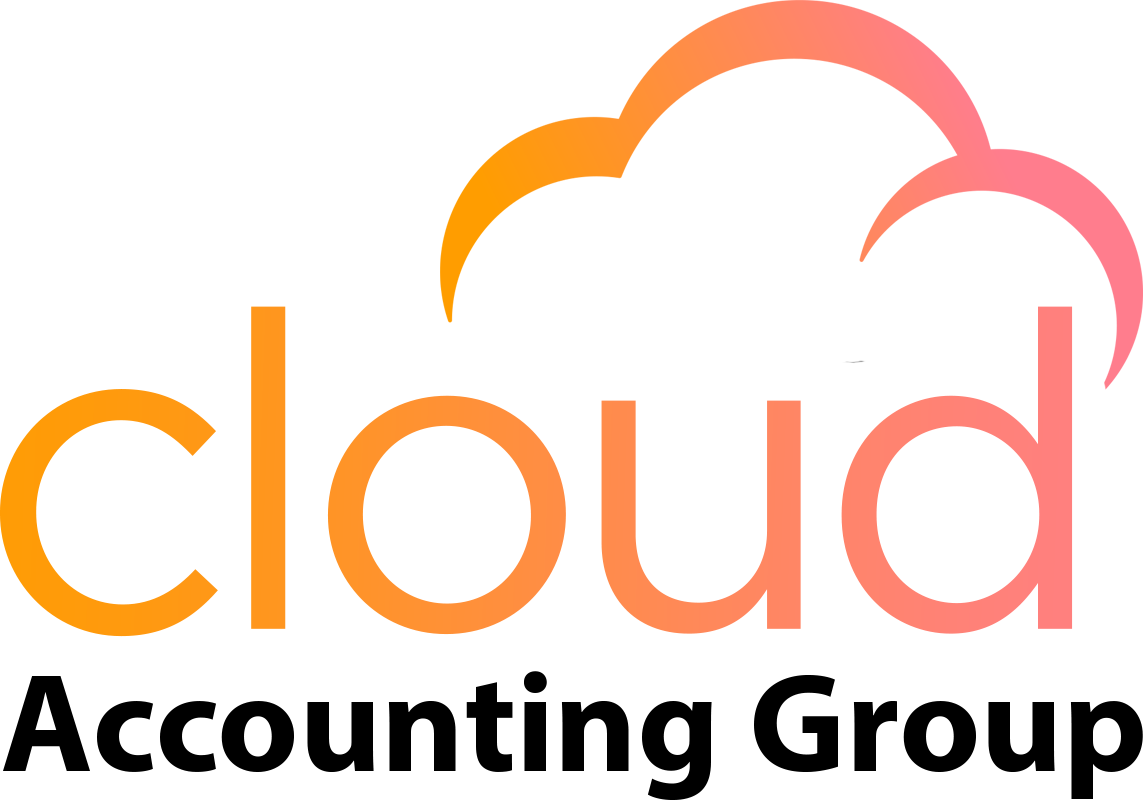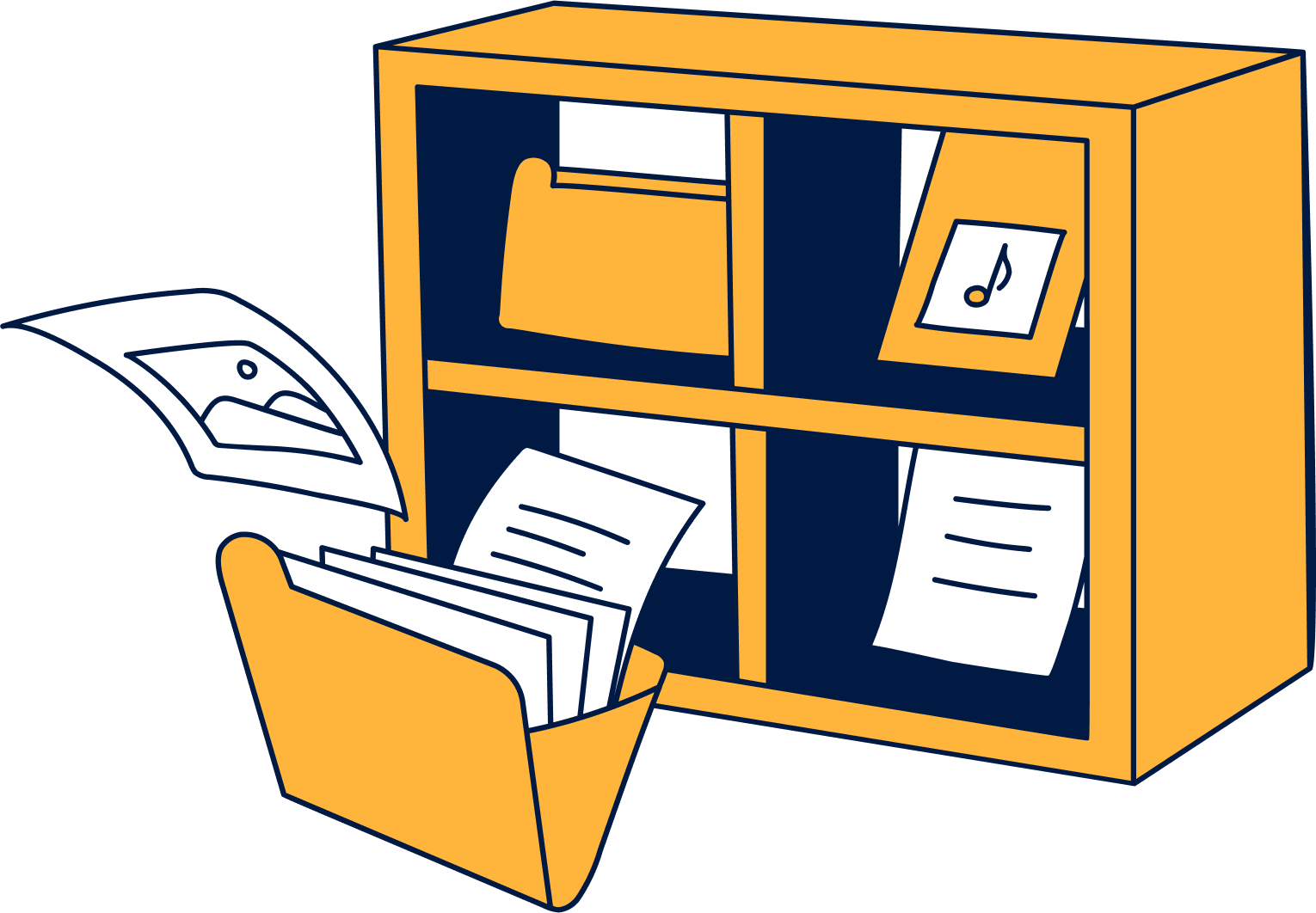Maintaining accurate and up-to-date accounting records is crucial for small business owners to ensure their financials are audit-proof. Here are some best practices to help you achieve this:
-
Establish a Bookkeeping Routine
Set a regular schedule to update your accounting records. Consistency is key, so allocate dedicated time each week or month to review and record financial transactions. -
Use a Chart of Accounts
Implement a standardized chart of accounts to categorize and organize your financial transactions. This helps ensure consistency in recording and reporting, making it easier to track and analyze your business’s financial health. -
Reconcile Bank Statements
Regularly reconcile your bank statements with your accounting records. This process helps identify any discrepancies or errors, ensuring that your financial records accurately reflect your business’s financial activity. -
Keep Track of Receivables and Payables
Regularly monitor accounts receivable and accounts payable to ensure accurate recording of income and expenses. Follow up with customers to collect outstanding payments and stay on top of vendor invoices to maintain accurate financial records. -
Maintain Proper Documentation
Keep all supporting documents, such as receipts, invoices, and contracts, organized and easily accessible. Proper documentation is essential for providing evidence and substantiating the accuracy of your financial transactions during an audit.
Now, let’s explore the benefits of using specific apps for accounting, expense management, bill pay, employee cards, and payroll:
-
Xero
Xero is a cloud-based accounting software that offers a range of features to simplify financial management. It provides tools for invoicing, expense tracking, bank reconciliation, and financial reporting. By using Xero, you can automate data entry, streamline processes, and generate accurate financial reports, making it easier to maintain audit-proof financials. -
Ramp
Ramp is an expense management platform that offers features like automated receipt matching, expense categorization, and real-time spending insights. It also provides bill pay and employee cards, enabling streamlined expense management. By using Ramp, you can easily track and categorize expenses, ensuring accurate financial records and simplifying the audit process. -
Gusto
Gusto is a comprehensive payroll and HR software that simplifies employee management for small businesses. It handles payroll processing, tax filings, benefits administration, and time tracking. By using Gusto, you can automate payroll calculations, ensure compliance with employment laws, and generate accurate payroll reports, making it easier to maintain audit-proof financials.
The benefits of using these apps include:
- Efficiency: These apps automate manual processes, saving time and reducing the likelihood of errors. This allows small business owners to focus on core operations rather than spending excessive time on administrative tasks.
- Accuracy: By automating data entry and syncing information across platforms, these apps help maintain accurate and up-to-date financial records. This accuracy is crucial for audit-proof financials.
- Integration: The integration between these apps and accounting software like Xero ensures seamless data transfer, eliminating the need for duplicate entries and reducing the risk of errors. This integration provides a cohesive and efficient financial management system.
- Compliance: These apps help ensure compliance with accounting standards, tax regulations, and employment laws. By automating calculations, filings, and reporting, small business owners can avoid penalties and stay on top of their financial and legal obligations.
By implementing these best practices and utilizing accounting, expense management, bill pay, employee cards, and payroll apps, small business owners can maintain accurate and audit-proof financial records. This not only streamlines financial operations but also provides peace of mind and enables better decision-making based on reliable financial data.

 CALL US NOW
CALL US NOW







